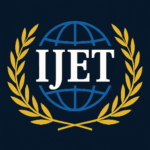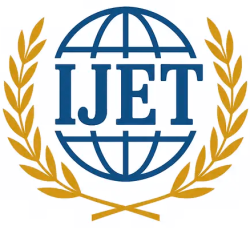
A Survey Paper on Document Recommendation in Conversations
Table of Contents
ToggleA Survey Paper on Document Recommendation in Conversations
International Journal of Engineering and Techniques – Volume 2 Issue 1, Jan – Feb 2016
ISSN: 2395-1303 http://www.ijetjournal.org
Anshika1, Sujit Tak2, Sandeep Ugale3, Abhishek Pohekar4
(Dept. of Computer Engineering, D.Y.P.I.E.T., Savitribai Phule Pune University, Pune)
Introduction
Humans are surrounded by an abundance of data accessible as records, data stores, or multimedia sources of information. Access to this data is adapted by the availability of suitable web indexes. Often, clients fail to initiate search actions due to their current activities or lack of awareness of available relevant information. This paper proposes a novel technique for suggesting documents just-in-time, linked to clients’ current tasks.
For conversational tasks, such as meetings, clients’ data needs can be understood through keywords in speech obtained via an automatic speech recognition (ASR) engine. Implicitly generated queries are used to retrieve and suggest documents from the web or a local repository for further exploration.
The focus is on developing a framework for use in meeting rooms/conferences to fetch real-time information, assisting participants in understanding the topic better. This involves speech-to-text translation, word extraction, implicit query generation, and document retrieval from available repositories.
Existing System
The existing system employs an automatic speech recognition (ASR) engine to convert audio into text, followed by keyword selection based on recurrence numbers. However, this method introduces errors due to incorrect query generation, leading to irrelevant document recommendations. It becomes challenging to accurately infer the information needs of participants.
Abstract
This paper focuses on extracting decisive words from conversations to retrieve a small number of potentially relevant documents for recommendation to participants. Automatic speech recognition (ASR) frameworks often introduce noise and errors. To address this, the paper proposes a calculation for extracting crucial keywords, followed by generating implicit queries to produce lists of relevant documents. Experimental scores demonstrate that this approach outperforms past systems relying solely on word frequency or topic closeness, offering a promising solution for document recommendation in discussions.
Keywords:
Document recommendation, information retrieval, keyword extraction





Post Comment